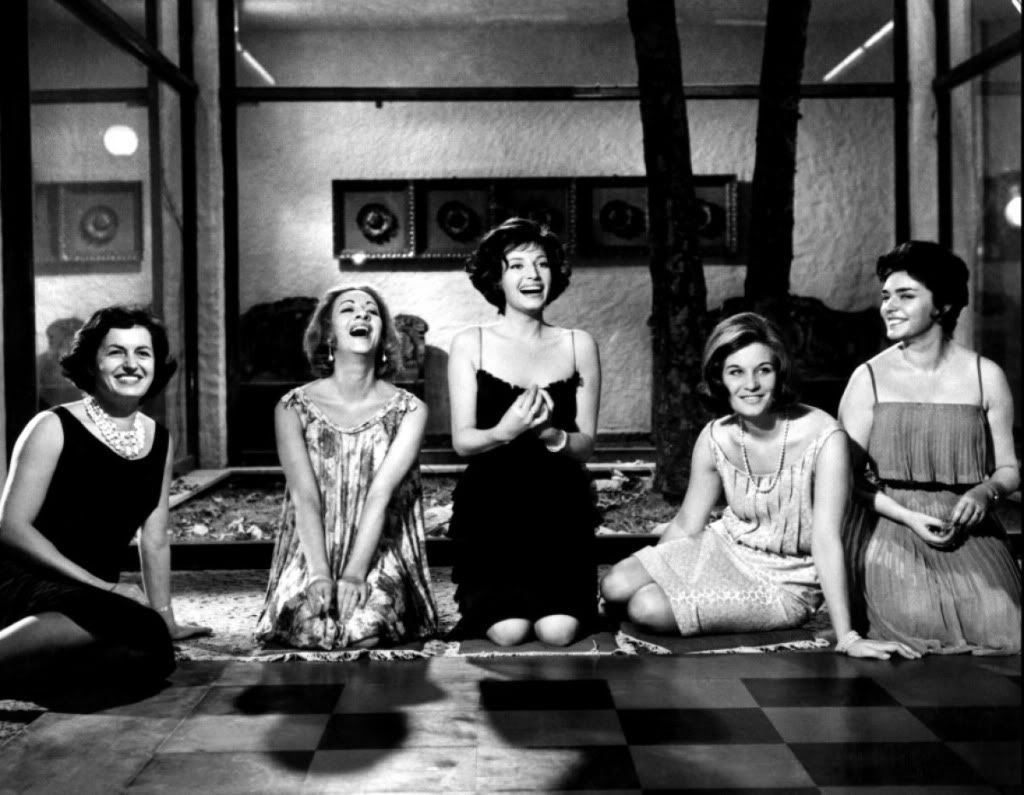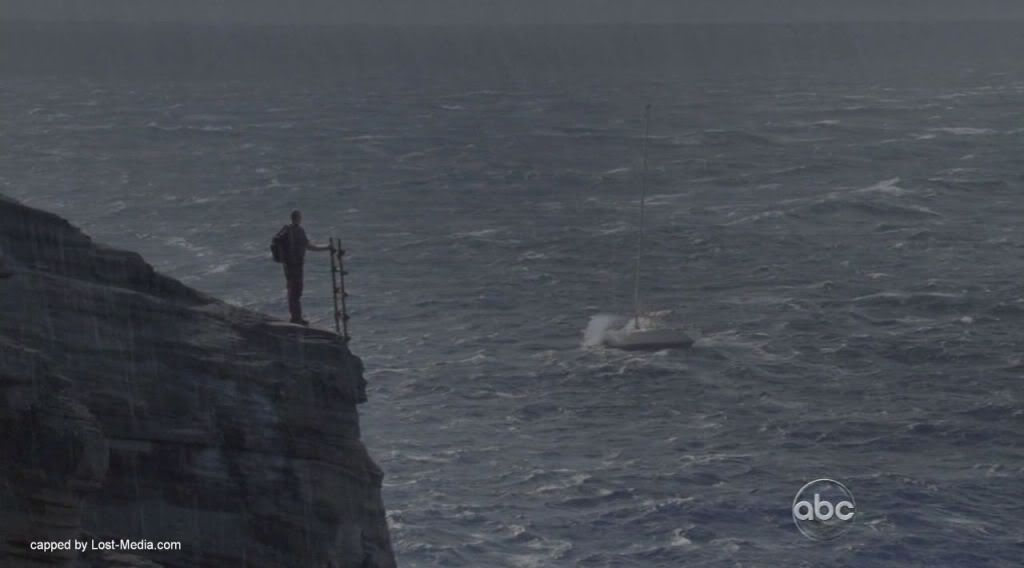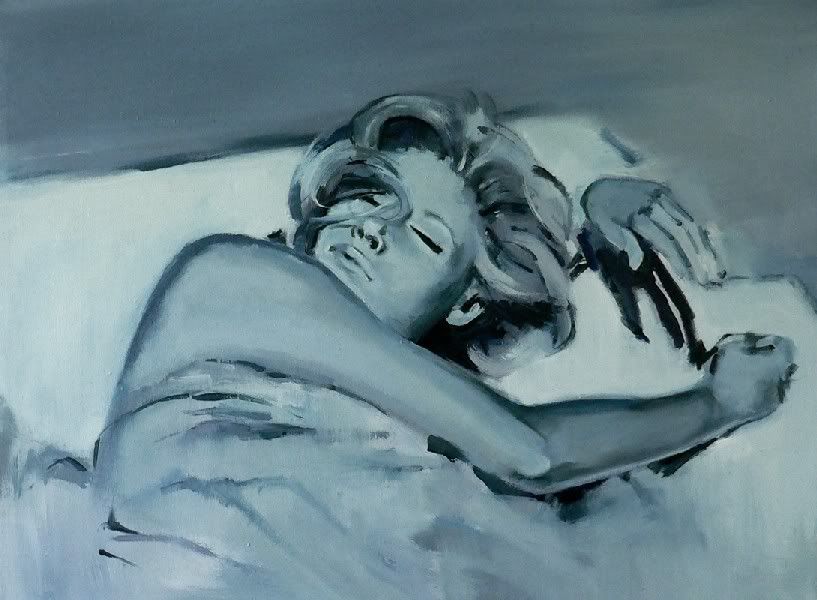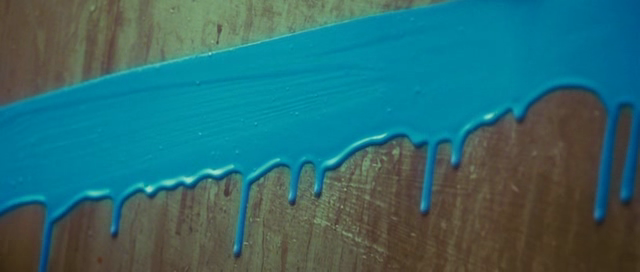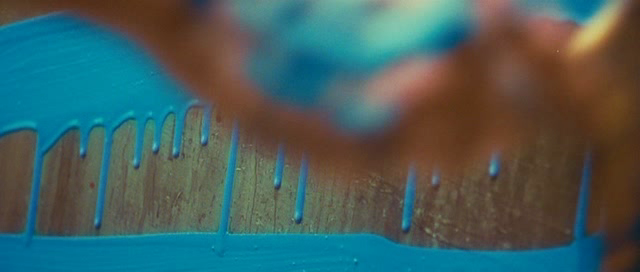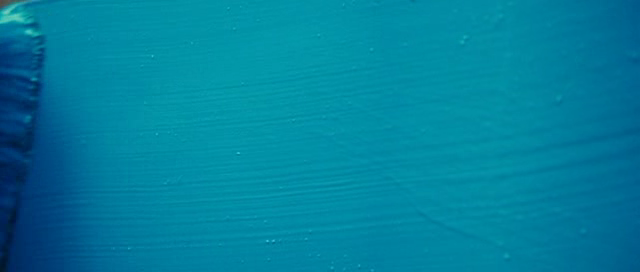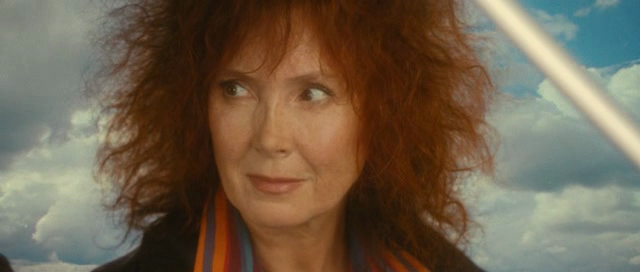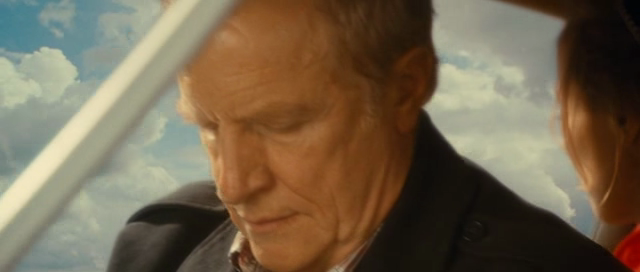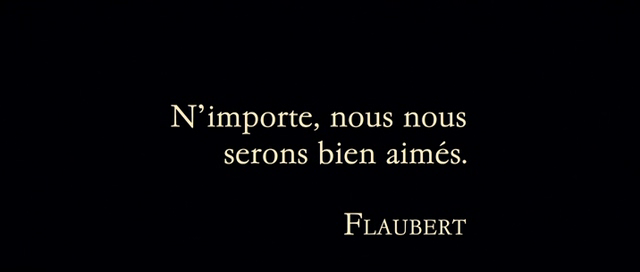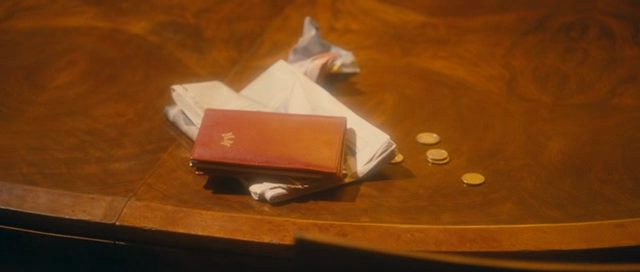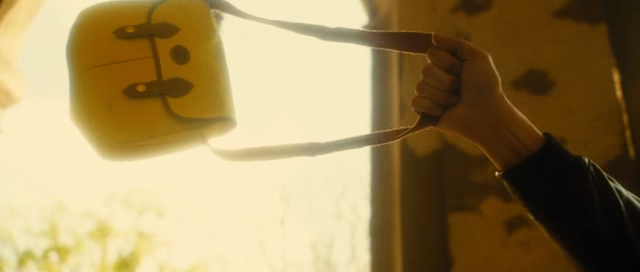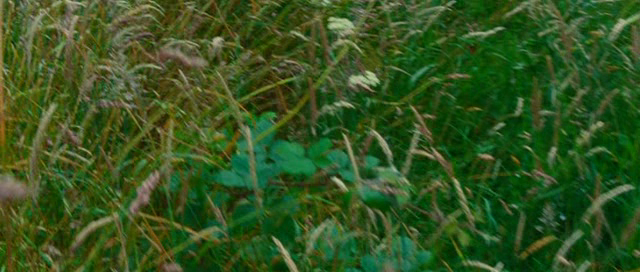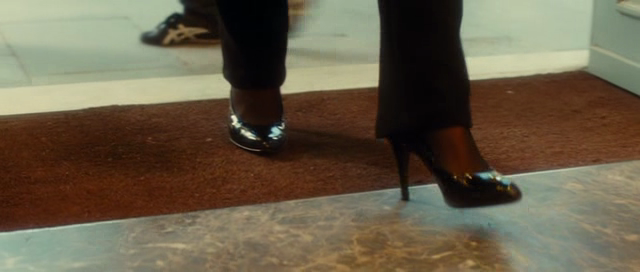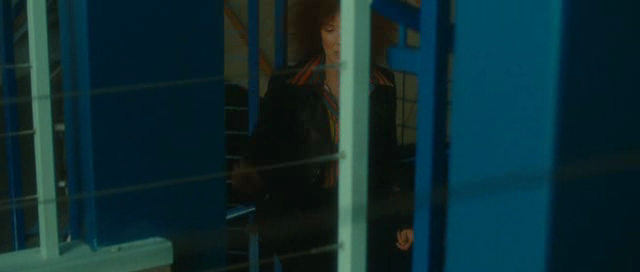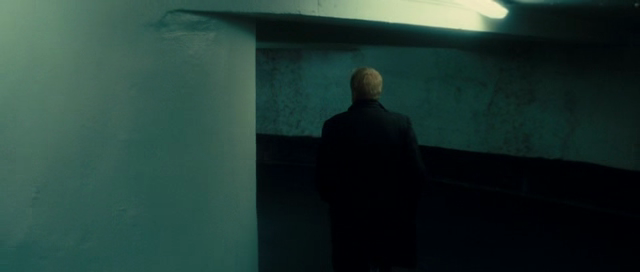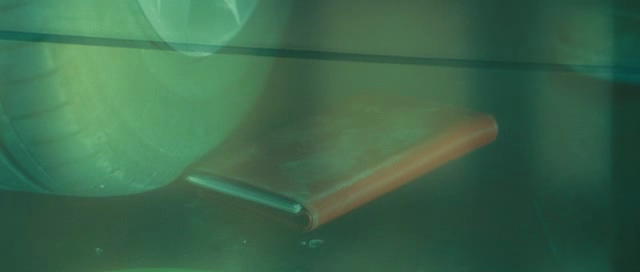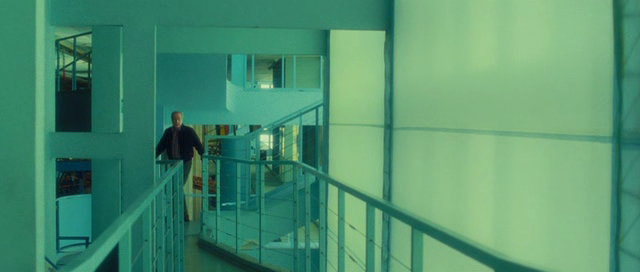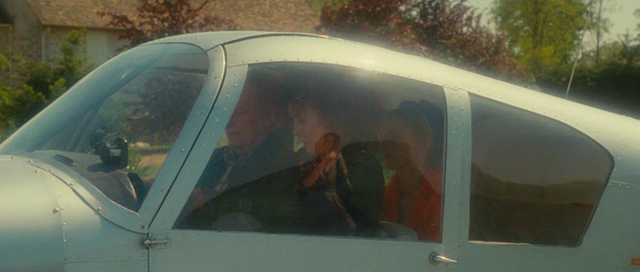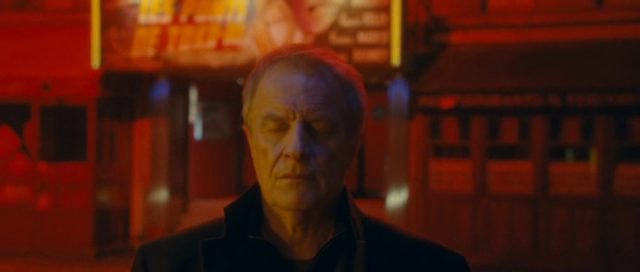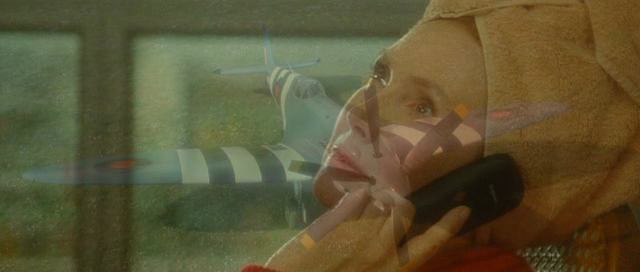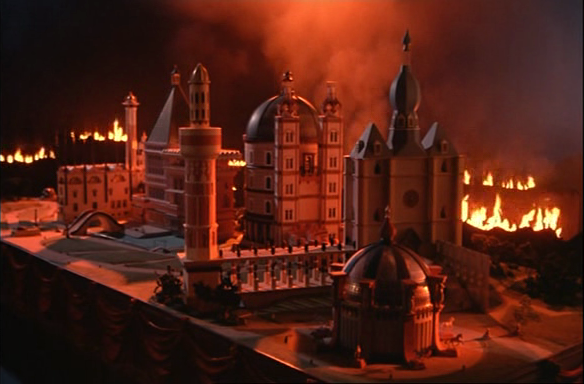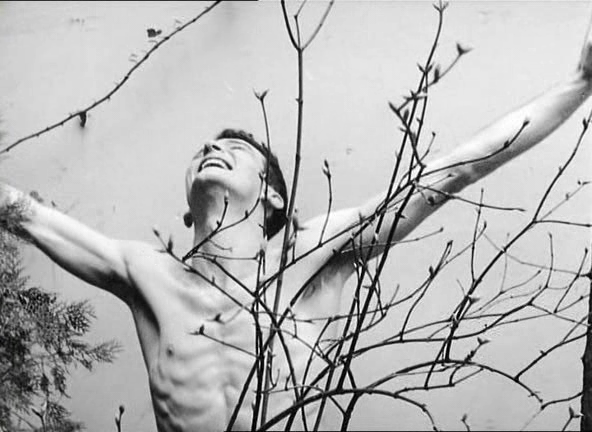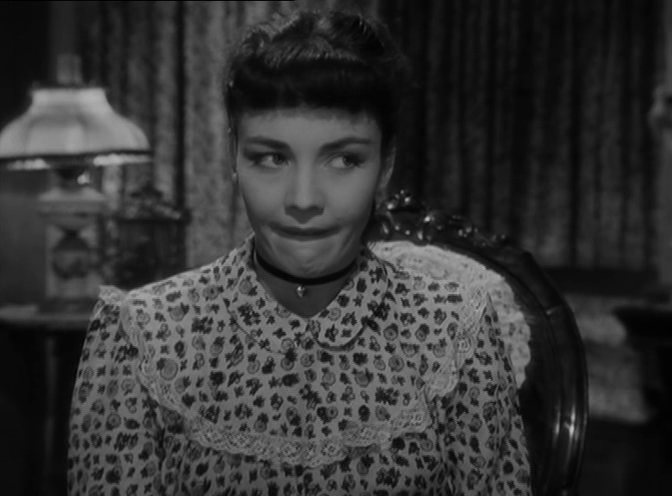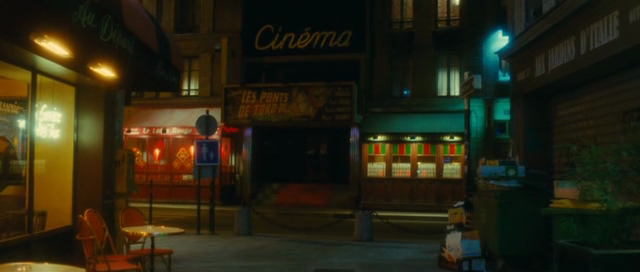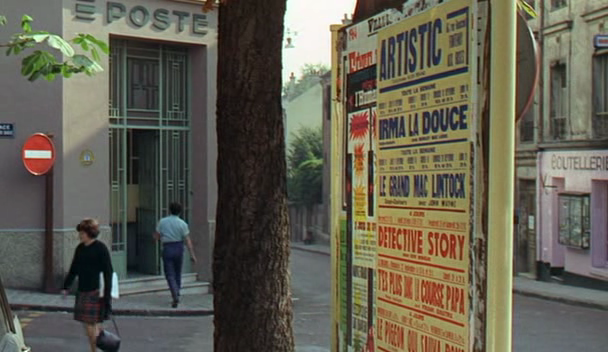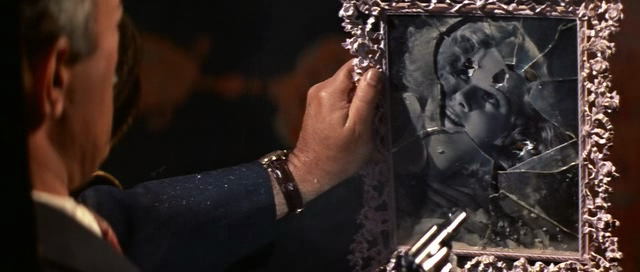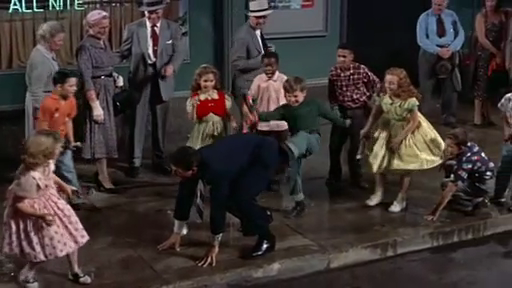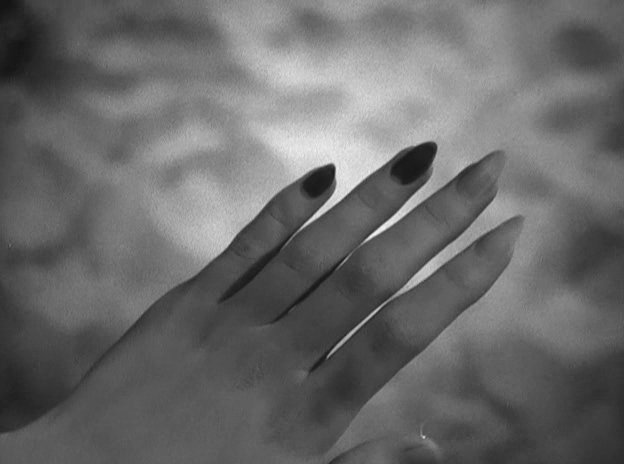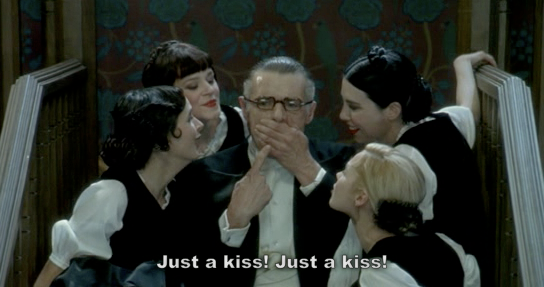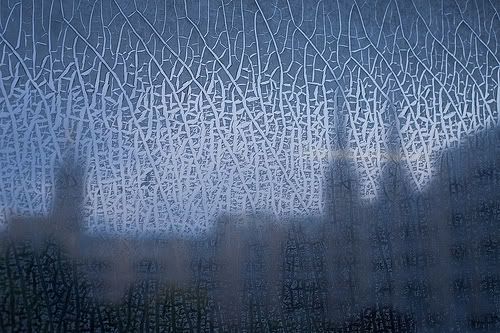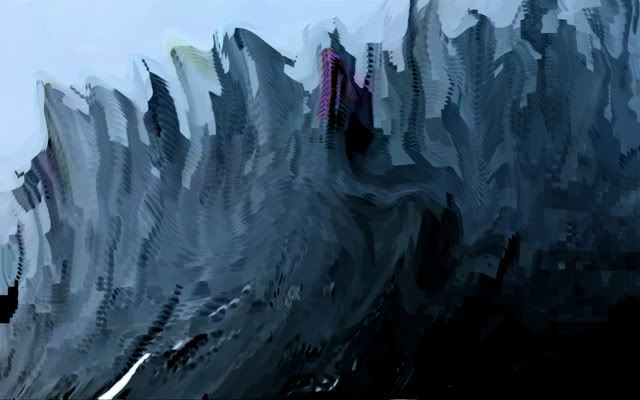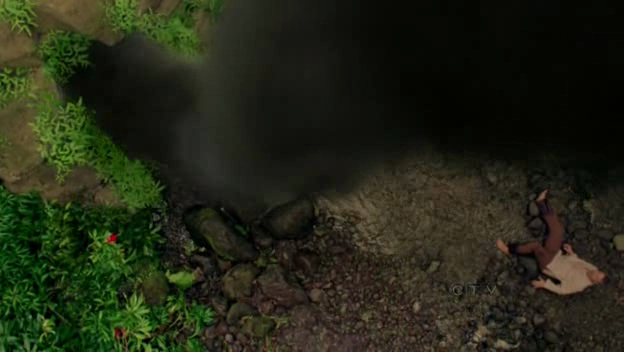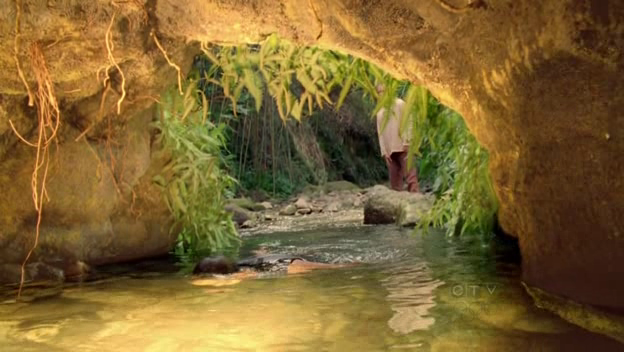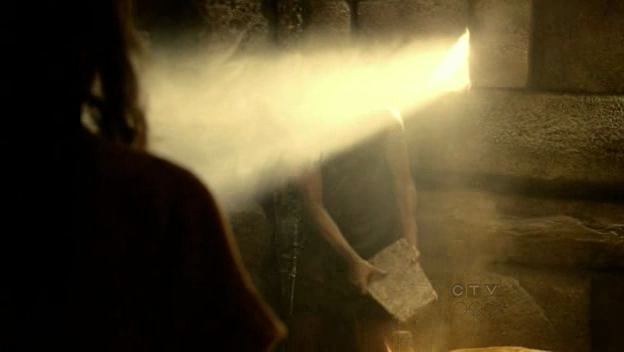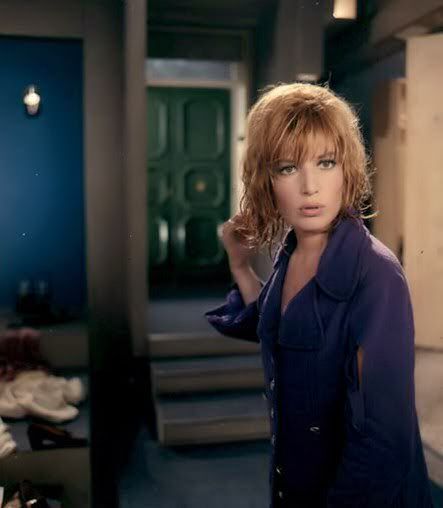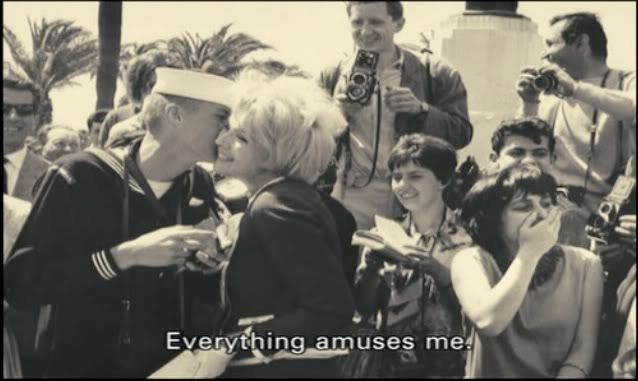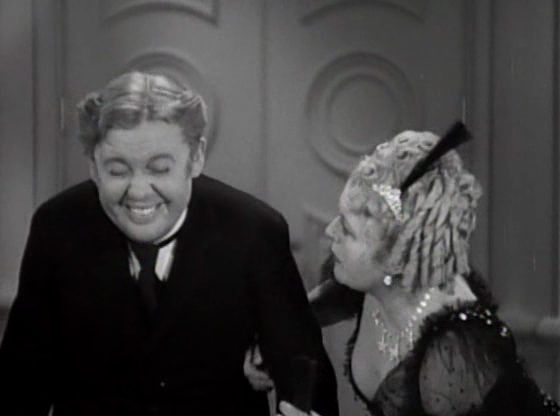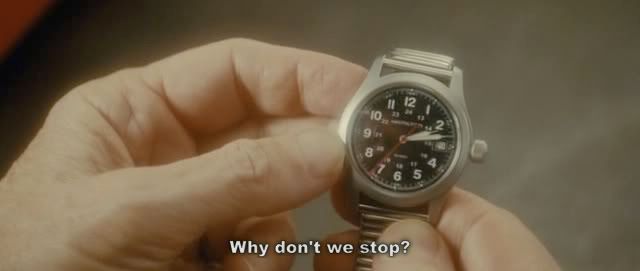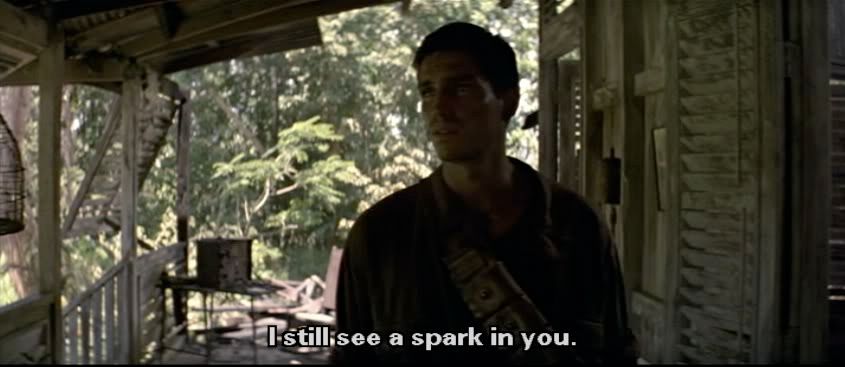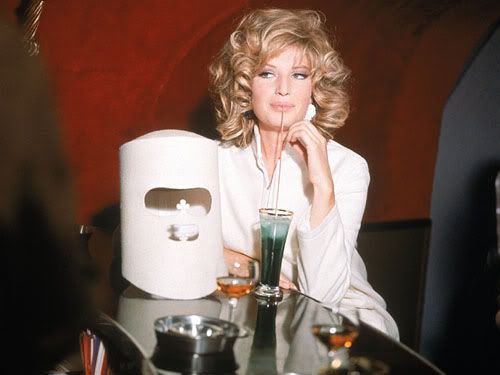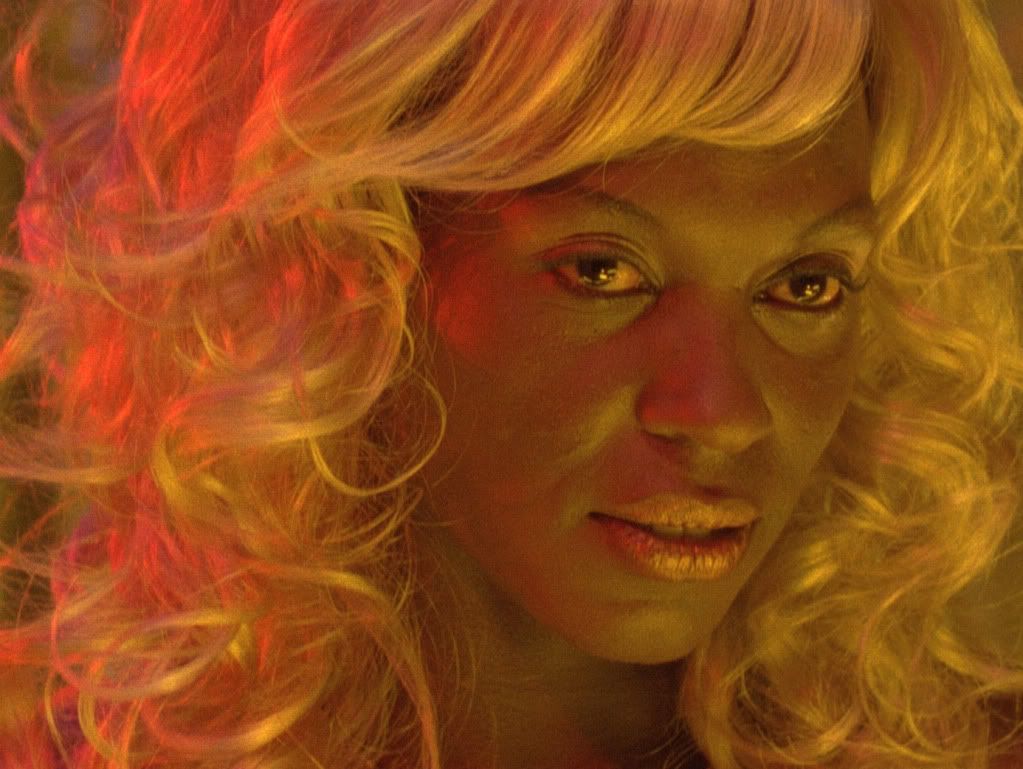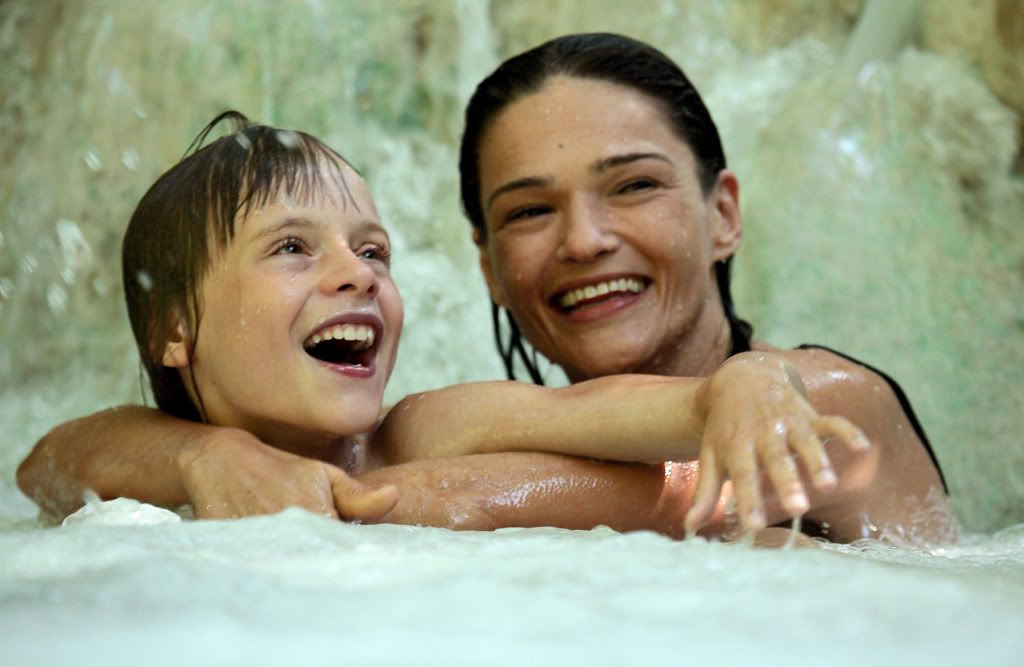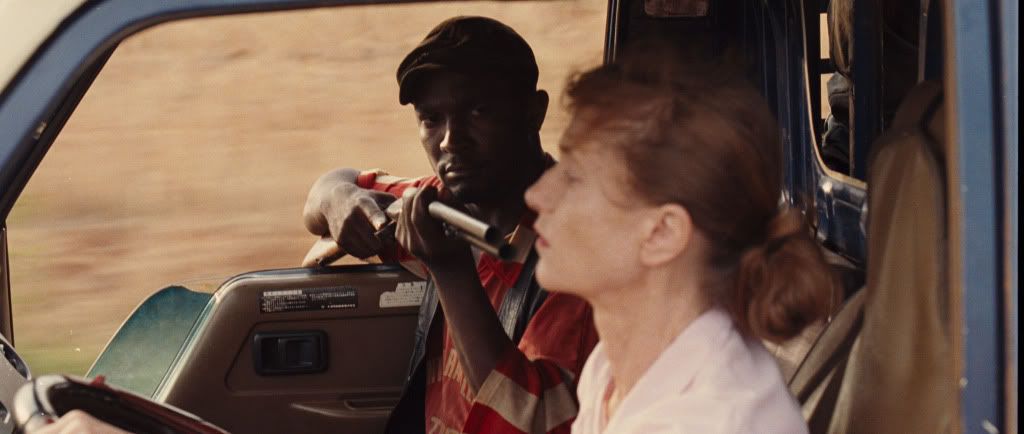At the net #1: On y va
by Ryland Walker Knight and Ignatiy Vishnevetsky
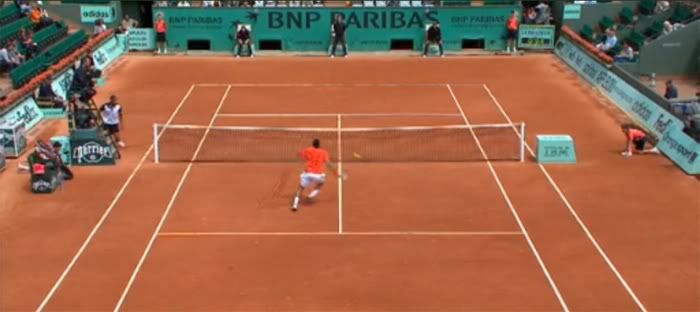
Ryland launches —— My disadvantage: I have never played tennis. As a kid, I never watched it. For a long time, I'd only glance at a match if it was on before a basketball or baseball game. My only interest, as it happens, was how Godard used the game as a metaphor in any number of his films. But, truth be told, it wasn't until Une Catastrophe that I started to investigate that more. So I watched Soigne ta droite (this didn't hurt the blossomed interests), rewatched that opening to Pierrot, and started to watch the game on live broadcasts. I began to learn what worked in the game and what didn't; I began to understand the acclaim for and the appeal of Federer.
Somewhere in there, I read David Foster Wallace's essay on Federer, which I don't doubt influenced my favor for both artists. Also, I saw Federer win a few slams somewhere in there. A lot of DFW's essay is about technique, and he was a player as a youth, which is why I lead with my disadvantage, but it's also about this man that some call a scientist. As recently as last week, the color commentator of the Madrid open went to commercial saying, "The passion of the south has defeated the icy precision of the master from the north." He was referring, of course, to Rafael Nadal, who claimed that tournament (I'd argue Federer lost that match more than Nadal won it) with his tic-heavy power game that, I'm told, is designed for dirt and has earned him that goofy nickname (is there another kind?), "The King of Clay."
Which, of course, is why I proposed this exchange: The French Open started today (Sunday). While awards were handed out in the south at Cannes, a different kind of dance got going up north in Paris. Roland Garros is played on clay and the big story coming into the tourney is, as it has been since 2006, whether or not Federer can beat Nadal. This presumes a lot of trouncing on the road to the final, that both will get there, that we don't have to worry about what happens until then. What I'm curious to do this week is to trade some notes on what we see (presuming we get to see much) of not just the titans but also, say, Solderling and Murray. (Also, are you into the women's side of things?)
Since you've got more of a background in this arena, maybe you can introduce some other terms and factors and style evaluations. To get us started, I'll say that though the passion of Nadal is sometimes infectious, his play seems bound up in brutish will as much as talent and the pleasure I get from watching him play is akin to those Morel movies you dig; whereas I love watching Federer play because he's both such a brain and such a ballerina, but not without punch or fire or deadly kill (or drop) shots, which might help me compare him to that plastic master Godard, but I'm not satisfied with that comparison. Whose cinema is graceful, sneaky-fast, not quite showy but confident, attuned to the body, often beautiful and often non-stop wondershowzen?

Ignatiy answers —— When I was a kid we played tennis and I hated it. I took my tennis racquets with me when I moved out and sold them to a pawn shop when I was 19, and probably didn’t think about tennis for a couple of years afterward. Now I think about tennis all the time. It’s funny how you come around to things like that. Singles tennis now strikes me as the greatest sport: the most athletic, the most dramatic. It is very simple and pure—two people, a ball, movement. I don’t know if you saw this, but today (Wednesday) there was a moment in the Tsonga / Ouanna match, very brief, where they were slipping and sliding right alongside the net, almost as if the ground beneath them was ice and not clay, very gracefully yet also very desperately. And there, for me, lies the drama of tennis: emotional desperation—the desire not only to win, but to not be beaten—expressed through physical grace.
I don’t follow women’s tennis too well, because, at the moment, it seems to me that the most interesting personalities (with a few exceptions) are in men’s singles (however, I look foward to being corrected on this matter).
As I think I’ve said to you before, I admire Federer because he is precise and also obviously human; he is like Chaplin, in that the movements of his body are able to express certain things people usually only feel, yet more articulately than most people could put them into words. Watching him play Falla today, it’s striking to see, in that kind of wide shot they’ll often use that makes the court look like a chessboard, how Falla must dash to keep up with Federer, who is merely hopping. Yet his movements don’t seem super-human (I mean this seriously when I say that there aren’t many sights more human to me than when Federer makes a shot from between his legs, which he did against Falla).
You’re right in that the French right now seems like the grand story of Federer against Nadal (who is more intense and bombastic), but there are also many subplots, and Soderling is certainly one, as is Tsonga, who strikes me as a bit over-confident (maybe it's his serves?) but whose serve-&-volley technique, which involves coming so close to the net, is kind of exciting to watch because of its immediacy.

